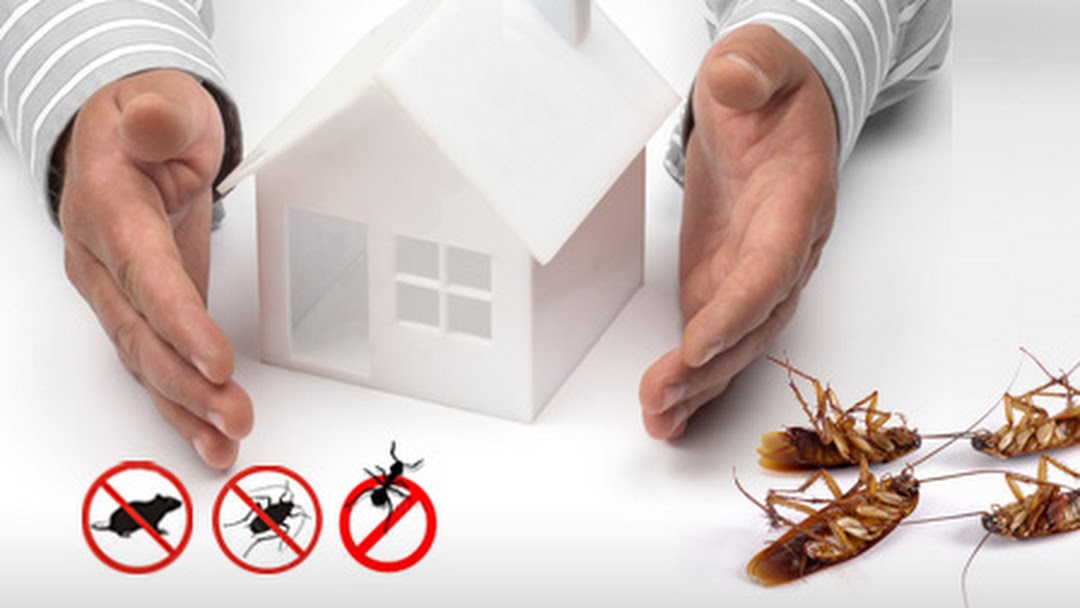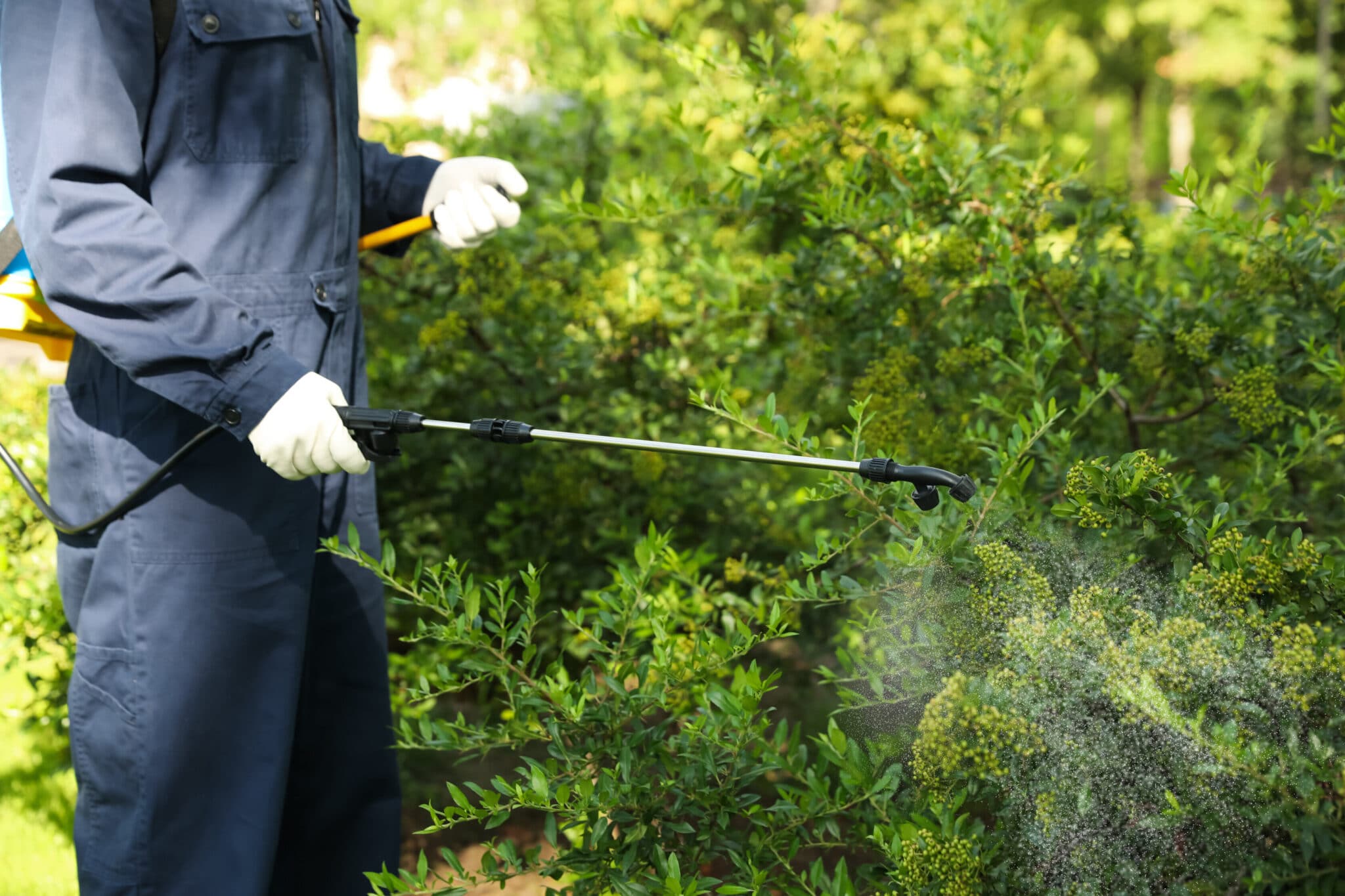Effective Coquitlam Pest Control Solutions for a Pest-Free Environment
Effective Coquitlam Pest Control Solutions for a Pest-Free Environment
Blog Article
Safe and Reliable Insect Control for Lasting Protection
Reliable insect administration calls for a diverse approach that stabilizes environmental stability with the demand for efficient insect suppression. The subtleties of these methods might not be immediately clear, motivating a better exam of the practices that can lead to lasting insect control outcomes.
Recognizing Bug Control Approaches
Bug control incorporates a selection of techniques aimed at handling and eradicating undesirable bugs and rodents that can endanger both health and building. Understanding these approaches is important for reliable pest management.
The key classifications of pest control methods consist of mechanical, organic, and chemical techniques. Mechanical methods entail physical obstacles and traps to protect against insect entry and capture unwanted species. Utilizing screens on windows or employing sticky catches can significantly decrease bug populations without introducing dangerous materials - exterminator coquitlam.

Chemical pest control is commonly the most recognized technique, making use of pesticides to get rid of parasites. These chemicals can be efficient however have to be used with caution to prevent adverse impacts on non-target species and the environment.
Benefits of Eco-Friendly Solutions
How can environment-friendly options transform pest control practices? The fostering of environment-friendly insect control approaches uses numerous advantages, substantially boosting the efficiency and safety of pest monitoring (exterminator coquitlam). First of all, these options make use of all-natural components, lowering the dependence on dangerous chemicals that can pose threats to human health and the setting. This change not just secures animals and households yet additionally decreases the potential for soil and water contamination.

An additional benefit is the favorable effect on neighborhood biodiversity. Environmentally friendly options are made to target details bugs while maintaining beneficial insects and wild animals, promoting a balanced community. This strategy aligns with the growing consumer demand for lasting practices, enhancing the reputation of insect control carriers.
Integrated Insect Administration Strategies
The application of environment-friendly remedies normally results in the adoption of Integrated Bug Management (IPM) strategies, which even more boost pest control efficiency. IPM is a holistic technique that integrates several strategies to manage bug populations while reducing environmental impact. This method emphasizes the use of organic, cultural, mechanical, and chemical controls, making sure a sustainable and balanced technique of pest management.
One essential facet of IPM is the extensive analysis of pest activity and ecological problems. By keeping track of pest populations and recognizing their life cycles, experts can apply targeted interventions that interfere with the insect's environment or lifecycle, minimizing dependence on chemical pesticides. Additionally, social methods such as plant turning and habitat manipulation can significantly diminish parasite facility and reproduction.
An additional critical part is using biological control agents, such as helpful pests or microbes, which can normally reduce bug populations. When chemical applications are needed, IPM prioritizes the use of low-risk pesticides and applies them selectively, reducing exposure to non-target organisms and people.
Integrating IPM methods not only enhances insect control effectiveness but also promotes a much safer ecological community, straightening with the expanding need for lasting methods in bug administration.
Safe Practices for Property Owners
Comprehending the importance of safe practices in parasite control can equip house owners to efficiently handle bug problems while securing their health and wellness and the setting. Applying precautionary actions and safe techniques is vital in lessening direct exposure to dangerous chemicals.
House owners should first evaluate their environment for conditions that bring in parasites, such as standing food, water, and mess waste. Routinely cleansing and securing entrance points can hinder parasites from getting into the home. Making use of all-natural deterrents, such as vital oils or diatomaceous planet, can provide efficient options to chemical pesticides.
When chemical therapies are required, house owners need to choose products that are particularly identified as risk-free for household usage. It Get the facts is vital to comply with application standards thoroughly to stay clear of too much exposure. Additionally, using targeted therapies in locations where bugs are recognized, instead of blanket spraying, can dramatically lower chemical use.
Finally, maintaining open communication with pest control professionals is vital. Homeowners should ask about the safety and security of items made use of and demand eco-friendly alternatives whenever feasible. By embracing these risk-free practices, property owners can produce a healthier living setting while effectively taking care of bug problems.

Tips for Long-Term Security
Establishing a pest monitoring method that stresses lasting security can significantly boost the efficiency of the safe techniques previously discussed. To achieve this, homeowners need to execute regular assessments of their residential property, focusing on concealed areas such as attics, basements, and crawl areas. Early discovery of bug Check This Out activity is vital in avoiding infestations from holding.
In addition, maintaining a tidy setting is crucial. This consists of appropriate food storage, immediately cleaning spills, and regularly taking care of rubbish. These practices minimize attractants that draw insects right into the home. Securing access points, such as fractures around home windows and doors, can efficiently obstruct potential insect gain access to.
Landscaping should also be thought about; maintaining plants cut and maintaining a distance in between plant life and the home reduces hiding areas for bugs. Making use of natural deterrents, such as necessary oils or diatomaceous planet, can better prevent infestations without turning to severe chemicals.
Finally, working together with an expert bug control solution for regular evaluations can offer an additional layer of safety. These professionals can provide tailored recommendations and progressed therapies, guaranteeing that your home stays protected against parasites in the long-term.
Final Thought
Finally, trustworthy and risk-free insect control requires a complex strategy that highlights green techniques and integrated pest management. By applying all-natural deterrents, conducting normal assessments, check it out and maintaining correct hygiene, homeowner can significantly reduce insect populations while safeguarding beneficial pests and the environment. Partnership with professional pest control services enhances the performance of these methods, making certain customized options that offer long-term protection and peace of mind versus future infestations.
Reliable insect monitoring requires a complex approach that stabilizes eco-friendly integrity with the need for efficient pest suppression. The fostering of environmentally friendly parasite control methods uses countless benefits, significantly improving the performance and safety of parasite management.The application of green services naturally leads to the adoption of Integrated Parasite Management (IPM) techniques, which additionally boost pest control effectiveness. exterminator coquitlam. By monitoring pest populations and determining their life cycles, practitioners can implement targeted interventions that interrupt the bug's environment or lifecycle, lowering reliance on chemical pesticides.In final thought, risk-free and reliable insect control needs a diverse technique that highlights eco-friendly methods and integrated insect management
Report this page